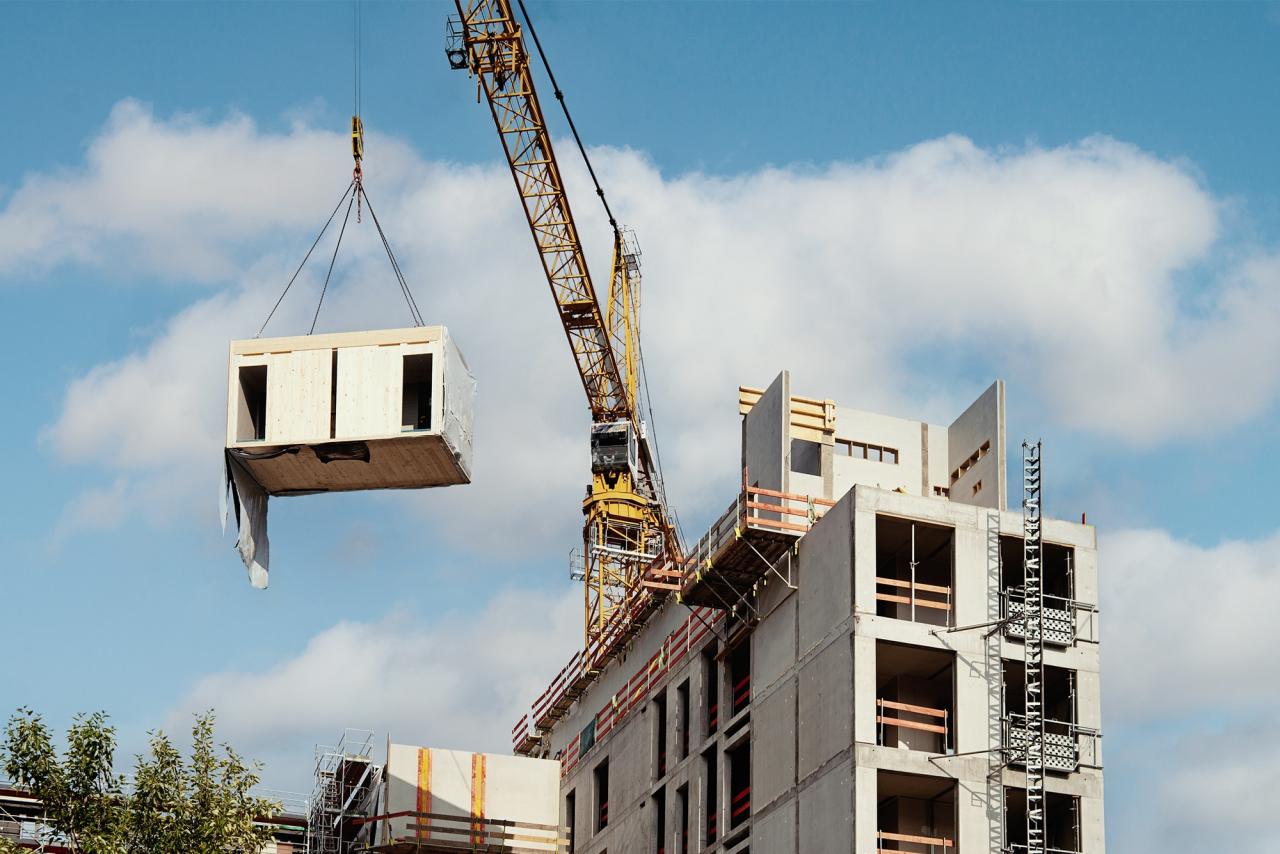Prefab construction, once considered a niche approach, is now revolutionizing the housing industry with its numerous advantages. This article explores how prefab construction methods are transforming the way homes are built and the benefits they bring to the housing sector.
If you are in need of wall panel for prefab construction, then you may browse this site.

Image Source: Google
1. Accelerated Construction Timeline:
Prefab construction significantly reduces the time required to complete a housing project. With components like prefab wall panels manufactured off-site, construction timelines are shortened, enabling quicker project completion. This acceleration is particularly beneficial in addressing housing shortages and meeting urgent demands.
2. Cost-Effective Solutions:
Prefab construction offers cost-effective solutions through efficient use of materials and streamlined manufacturing processes. Reduced construction timelines contribute to lower labor costs, and the controlled environment of prefab manufacturing minimizes material waste, making it an economically viable option for builders and homeowners.
3. Design Flexibility and Customization:
Contrary to common misconceptions, prefab construction provides a high degree of design flexibility and customization. Modern prefab techniques allow for diverse architectural styles and layouts, accommodating the unique preferences of homeowners. This flexibility challenges the notion that prefab homes have a standardized appearance.
4. Sustainable and Energy-Efficient Practices:
Prefab construction often incorporates sustainable practices, including the use of eco-friendly materials and energy-efficient designs. The controlled manufacturing environment allows for precision in implementing green building techniques, making prefab homes environmentally conscious and energy-efficient.
Conclusion:
Prefab construction is revolutionizing the housing industry by offering accelerated construction timelines, cost-effective solutions, design flexibility, and sustainable practices. As the demand for efficient and innovative building methods grows, prefab construction stands out as a transformative force in shaping the future of residential development.